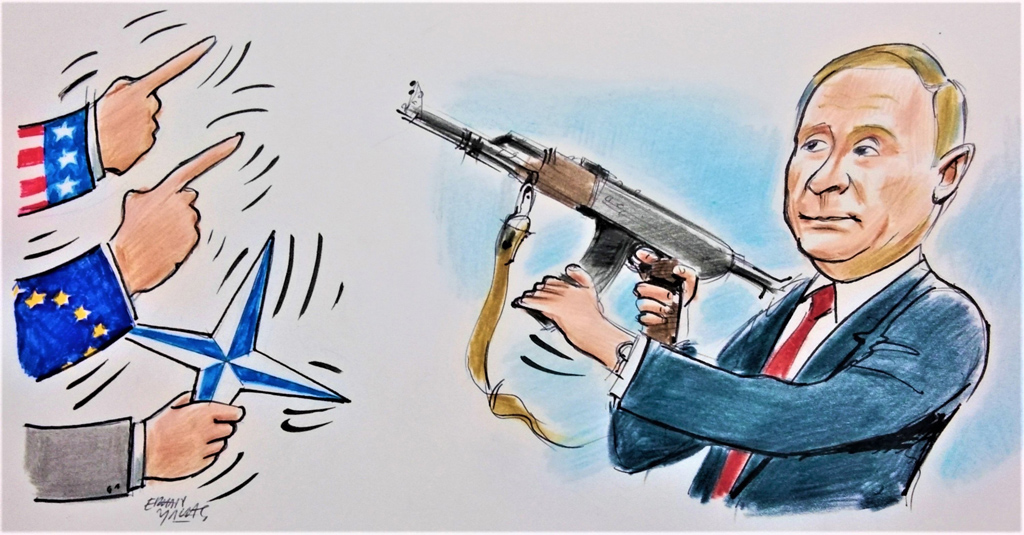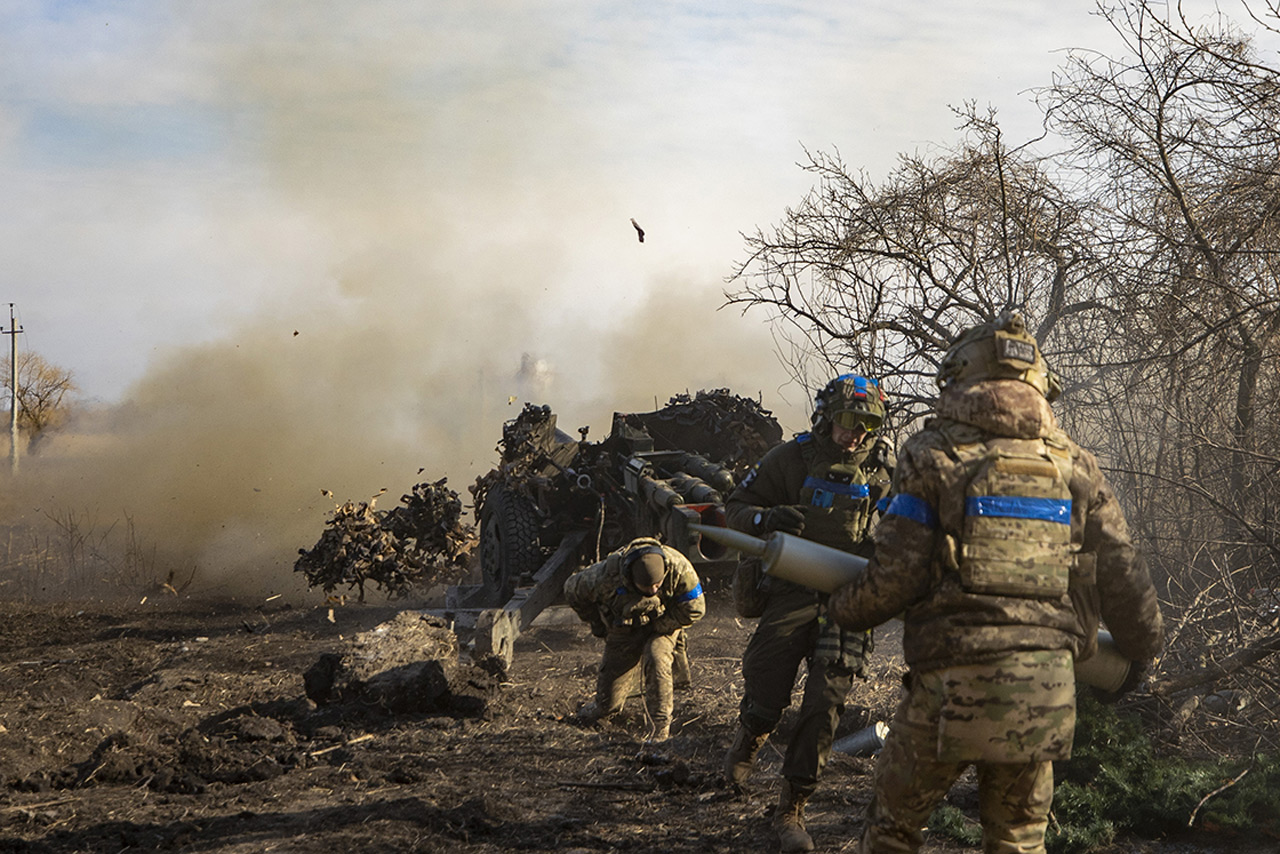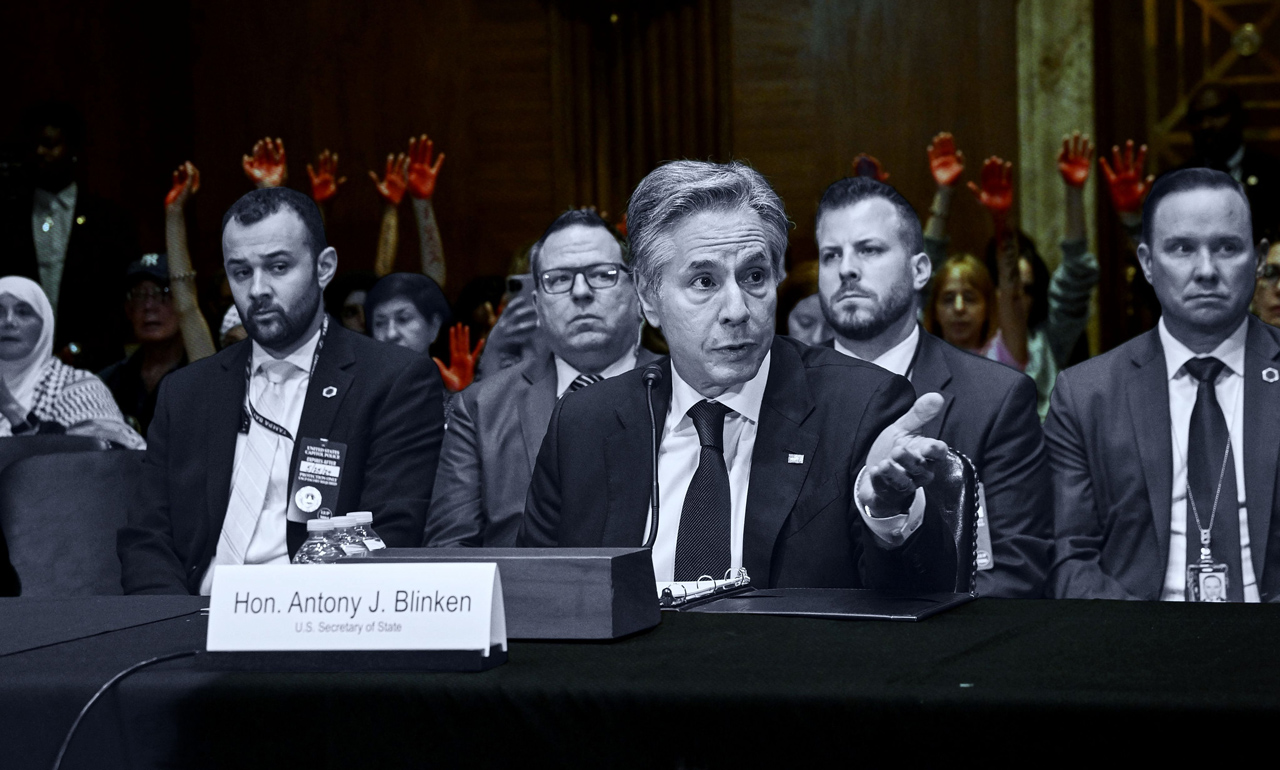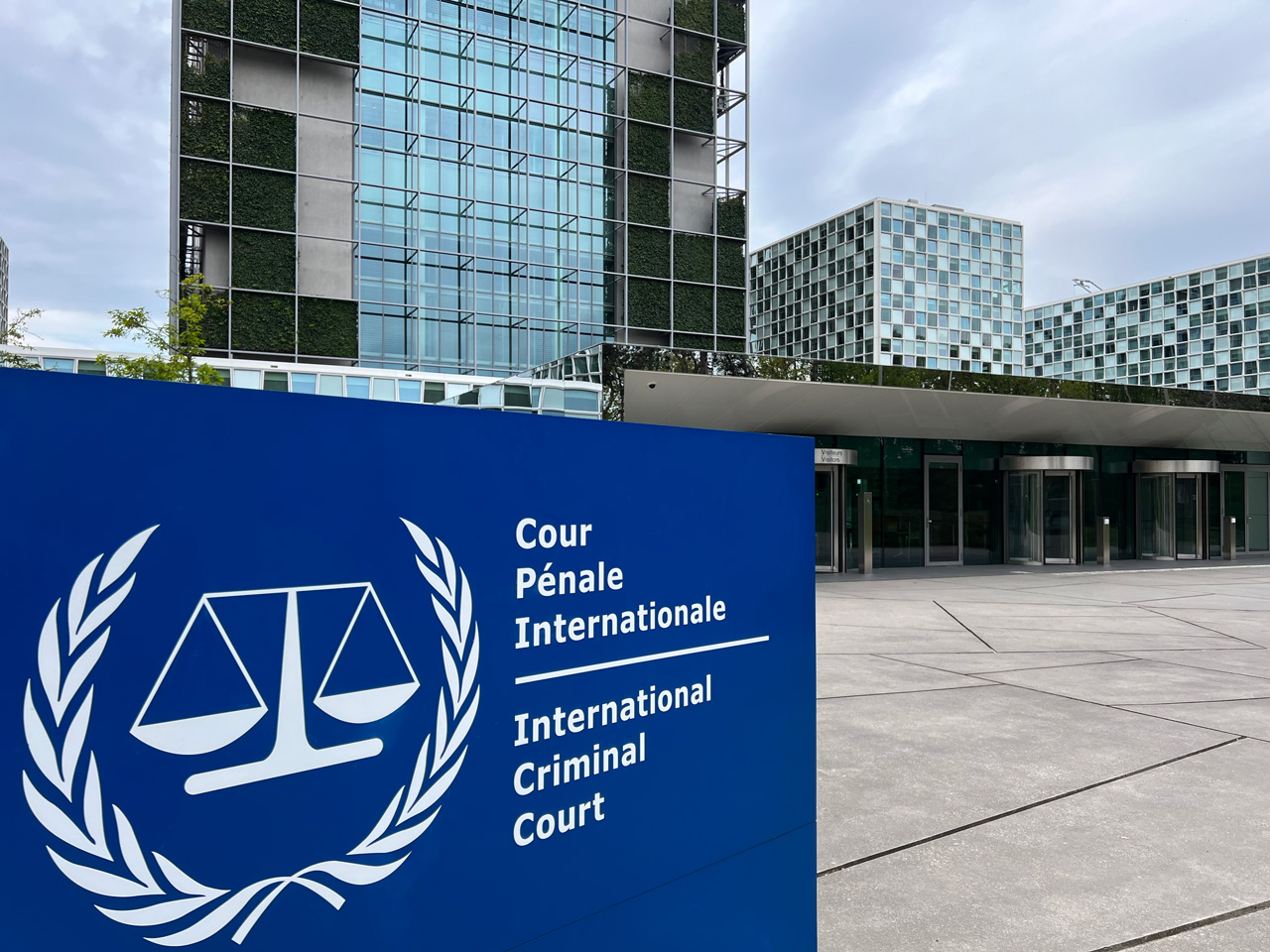Russian President Vladimir Putin made his highly anticipated move by launching
an offensive against Ukraine. The Kremlin, however, claims that the attack was not an act of war but a “special military operation” intended to “demilitarize and denazify Ukraine” at the invitation of two separatist "republics" in the Donbass region. Yet, the Russian military’s strikes against airports, military positions and multiple cities – coupled with the advance of ground forces from Crimea and the deployment of paratroopers near Kyiv – demonstrated that the scope of Moscow’s latest incursion exceeded the Donbass region. At this point, it appears that the Kremlin intends to topple Ukraine’s current government.
Despite making strongly worded statements, the United States, NATO and the European Union are not expected to deliver a military response to the most recent developments in Ukraine. NATO has activated its defense plans, as U.S. and EU officials threatened severe economic sanctions designed to cripple the Russian economy. Where and when the Russian operation will end, it seems, depends on Putin’s decision-making and the Ukrainian resistance. What everyone knows, however, is that the Russian president pursues a revisionist agenda. Accordingly, he has taken his policy of pushing back NATO to its pre-1997 posture (which informed his actions in 2008 and 2014) to the next level. In this regard, the Russian president attempts to mitigate the negative impact of the Soviet Union’s disintegration – which he once described as the “greatest catastrophe of the 20th century” – on his country.
Building a new empire
Moreover, judging by a series of statements made over the last week, Putin does not hide the fact that he intends to build a new Russian empire. Indeed, he also believes Ukraine to be part and parcel of Russia – a claim that he originally made in 2014 and reiterated on Tuesday. As such, Putin stresses that Ukraine came into being as a result of the Bolshevik revolution and Soviet leader Vladimir Lenin’s decision to allocate historically Russian territories to that entity.
Keeping in mind Putin’s aforementioned opinions, it is possible that the Russian attack on Ukraine represents a turning point for the future of the international system. Experts have already described the Russian offensive as “the largest military attack on the European continent since World War II.” In the short term, Ukraine’s territorial integrity and political unity will be on the line. Yet the longer-term issue relates to the future of great power competition and European security. The liberal world order was severely damaged by the U.S. administrations of former Presidents Barack Obama and Donald Trump. To make matters worse, the coronavirus pandemic undermined international norms, global cooperation and international institutions. Furthermore,
the U.S. withdrawal from Afghanistan took a toll on U.S. President Joe Biden's pledge to restore America’s global leadership and the liberal order. Finally, the Russian offensive against Ukraine signals that the current order is on the verge of collapse.
Russia made certain maximalist demands under the pretext of national security. Judging by the way that the U.S. and the EU managed the crisis, there was no attempt to stop Moscow’s imminent attack either. For the record, I do not agree that Putin is a madman. The Russian president clearly made a rational assessment. It is too early, too, to establish which side has miscalculated. Still, it goes without saying that the Democrats suffer from strategic blindness: As the Obama administration thought that Russia had been dragged into the Syrian quagmire, Moscow seized the opportunity to control Syria and strengthen its influence over the Middle East.
Some folks in Washington may be thinking now that Russia has ended up in the Ukrainian quagmire by attacking its neighbor. Yet the current threat is that Moscow’s pressure will be felt across Eastern Europe and, possibly, the entire continent. Accordingly, Europe’s security architecture could be reshaped and the Biden administration’s potential permission would signal a multidimensional American retreat. Putin has to get results fast. He will certainly attempt to install a pro-Russian government in Kyiv without delay. A prolonged crisis would take a severe toll on the Russian economy.
Turkey, in turn, has already said that the Russian attack, which threatened regional and global security, was
“unacceptable.” The country also reiterated its commitment to “Ukraine’s political unity, sovereignty and territorial integrity.”
Yet the Russian president pulled a trigger of great significance. Whether the Western alliance appeases or forces Moscow to take a step back, what happened this week signals that we have taken the first step toward a new international (dis)order.
[Daily Sabah, February 26, 2022]







